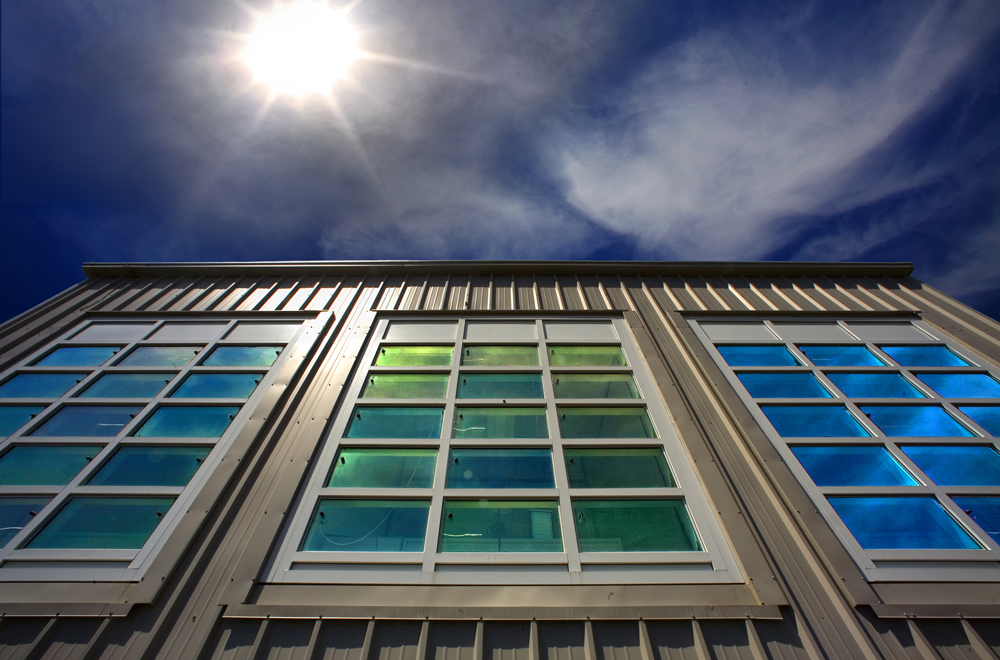Wednesday, 18/02/2026 | 15:45 GMT+7
The U.S. Department of Energy’s Advanced Research Projects Agency-Energy (ARPA-E) today announced up to $30 million in funding for a new program focused on improving the energy efficiency of commercial and residential buildings.
ARPA-E’s Single-pane Highly Insulating Efficient Lucid Designs (SHIELD) program seeks to reduce heat-loss for improved building efficiency by developing innovative materials that are both transparent and insulating to retrofit existing single-pane windows.
“At ARPA-E, we invest in technology options in order to create a more sustainable American energy future,” said ARPA-E Director Dr. Ellen D. Williams. “The ARPA-E SHIELD program will help reduce our nation’s energy consumption by developing innovative materials to insulate existing windows in cases where window replacement isn’t feasible.”
Commercial and residential building heating, ventilation and air conditioning (HVAC) systems accounted for 14 percent of the nation’s total energy consumption in 2013, and about a quarter of that energy is wasted by heat leaking through windows. Many buildings with existing single-pane windows cannot support the weight, size or appearance of more efficient double pane window units, however retrofitting single-pane windows can reduce heat-loss and save roughly the amount of electricity needed to power 32 million U.S. homes each year.

The SHIELD program aims to develop innovative materials to retrofit single-pane windows to demonstrate the benefits of double-pane insulated windows, and reduce their heat loss by 50 percent while significantly reducing retrofit costs. Under SHIELD, ARPA-E will allocate up to $10 million to small businesses through its Small Business Innovation Research (SBIR) and Small Business Technology Transfer (STTR) program, with up to $20 million made available to all applicants.
Additionally, ARPA-E today announced funding for SBIR/STTR projects under its GENSETS program which aims to design, build and test improved electric-power generators for use in residential Combined Heat and Power systems.
Mai Linh








 Consultation on the methodology for developing and updating energy consumption standards for four major industrial sectors
Consultation on the methodology for developing and updating energy consumption standards for four major industrial sectors
 Opening of the 2025 Energy-Efficient Equipment and Green Transition Exhibition Fair
Opening of the 2025 Energy-Efficient Equipment and Green Transition Exhibition Fair
 Energy-saving solutions and green transition promotion
Energy-saving solutions and green transition promotion
 The 9th VEPG Steering Committee Meeting: Strengthening Coordination for Viet Nam’s Just Energy Transition
The 9th VEPG Steering Committee Meeting: Strengthening Coordination for Viet Nam’s Just Energy Transition